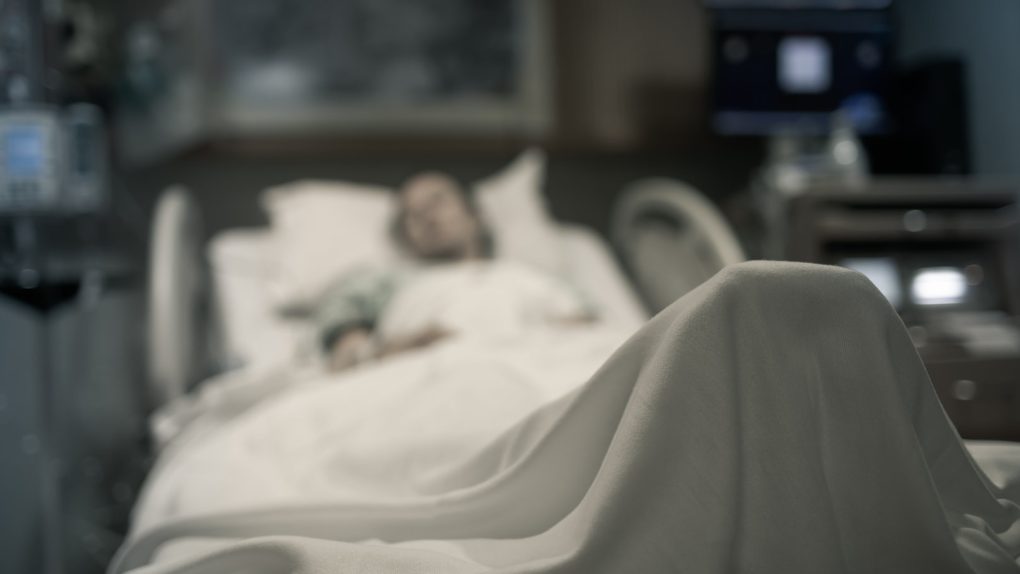- Doctors treating coronavirus patients have noticed an increasing number of COVID-19 reinfections.
- Scientists in various countries have reported reinfections, warning that the second bout of COVID-19 will not be necessarily easier than the first.
- Researchers also say that more people might be reinfected as the second wave arrives, and there’s no guarantee that the ones who survived COVID-19 will have lasting immunity to the illness.
Experts estimate that the novel coronavirus pandemic will be over in late 2021, assuming vaccines and new treatments work. The virus may never disappear, and the public will need to observe face mask requirements and social distancing guidelines well into 2021, even after vaccines become widely available. That’s because vaccines won’t be 100% effective, and they won’t block all infections. Even if they do offer protection, there’s no telling how long vaccine-based immunity with lasts.
Immunity to COVID-19 acquired by exposure to the virus is far from ideal. Doctors treating COVID-19 patients report an increasing number of reinfections, and they can’t explain why some of them occur so soon after the first. The reinfection phenomenon might become even more widespread, as there aren’t clear protocols in place to identify and catalog reinfections.
Reports several weeks ago offered details of the first known COVID-19 reinfections in the world, which were determined with the help of genetics. The only way to prove a person was infected twice is by sequencing the virus’s genome, a procedure that might not be widely available. A man in Hong Kong was reinfected after returning from Europe, and his second COVID-19 case was milder than the first, giving the world hope that the immune system might be better equipped to fight the virus upon reinfection. Soon after, a report from the US detailed the first known COVID-19 reinfection case in America. This time around, the young man who got COVID-19 twice experienced a much more serious illness. Separately, reports from Europe indicated that reinfections occurred in the region as well.
This was worrying and showed that there are no guarantees on how long the protection will last. Several weeks later, doctors from all over the world have dealt with coronavirus reinfections, and they can’t explain it.
According to The Guardian, more reinfections were reported recently, and many were more severe than the first.
The overall number of reinfections worldwide is still low, at only two dozen, and reinfection seems uncommon. But scientists warn there’s no pattern for reinfections, and confirming true reinfection is difficult. Reinfected patients might go unnoticed and unreported, as many countries still deal with a large COVID-19 caseload. A second wave is hitting Europe, while the US is facing the emergence of a third wave.
Patients who get reinfected but don’t experience symptoms might not be diagnosed a second time. Genetic testing would be required to prove reinfection in those patients who experience severe symptoms.
Scientists are still trying to understand how the immune system reacts to the pathogen and why some people might be prone to getting infected a second time. The Guardian details a case from India, where a 25-year-old nurse was reinfected two months after her first COVID-19 case and suffered more during the second bout. “Her immunity wasn’t enough to protect her from the second, more severe infection despite the presence of neutralizing antibodies,” Prof. Jayanthi Shastri told the paper.
At best, COVID-19 immunity might last a year. “I would bet my house on you being safe for possibly a year but not much longer,” professor of immunology at Imperial College in London Danny Altmann said. “The problem is that whenever an immunologist says anything about COVID immunity to a journalist, it’s right for about two weeks, and then it’s completely wrong.”
https://twitter.com/realDonaldTrump/status/1313267615083761665
In a video recorded upon his controversial return to the White House, President Trump said he might be immune to COVID-19 now that he’s feeling much better. Trump spent a few days at the hospital after experiencing some complications and received a complex cocktail of meds that included remdesivir, dexamethasone, and an experimental monoclonal drug that’s not available as standard COVID-19 care. The President is yet to clear the virus, and any talk of immunity is unwarranted and might be misleading. As these reinfection cases prove, there’s no guarantee the second reinfection will happen.
Scientists have some theories as to why the virus might infect some people a second time around. One idea is that a person might have been exposed to more virus the second time, or was already feeling unwell from something else. Some think that antibodies might also hurt the immune system and help the virus reinfect cells. A more scary idea is that the virus might harm T cells in some patients, the immune cells that can remember and kill pathogens and boost the creation of antibodies.
Experts expect to see more reinfections in autumn and winter. It’s not just that the virus is spreading fast in various countries, but enough time will have passed since the first infection for some patients. “I think it is important, all ways round, to dispel the myth of invulnerability,” professor of social psychology at the University of St Andrews Stephen Reicher told The Guardian, warning people who had COVID-19 not to think they’ll be protected during the second wave.








